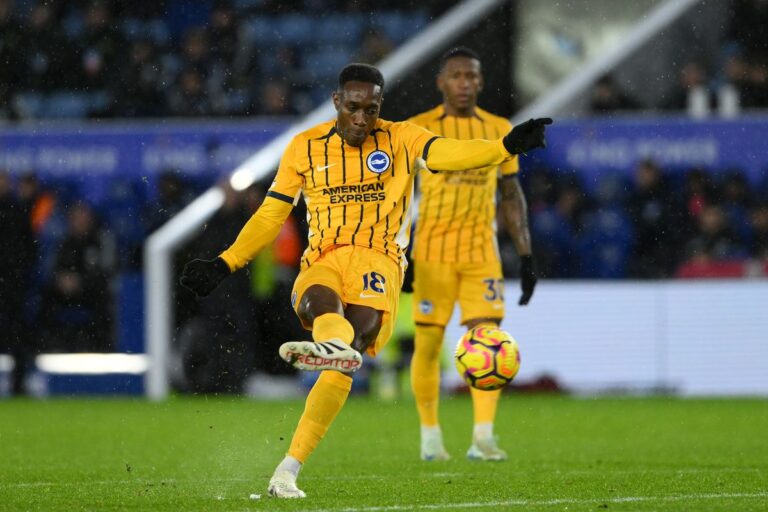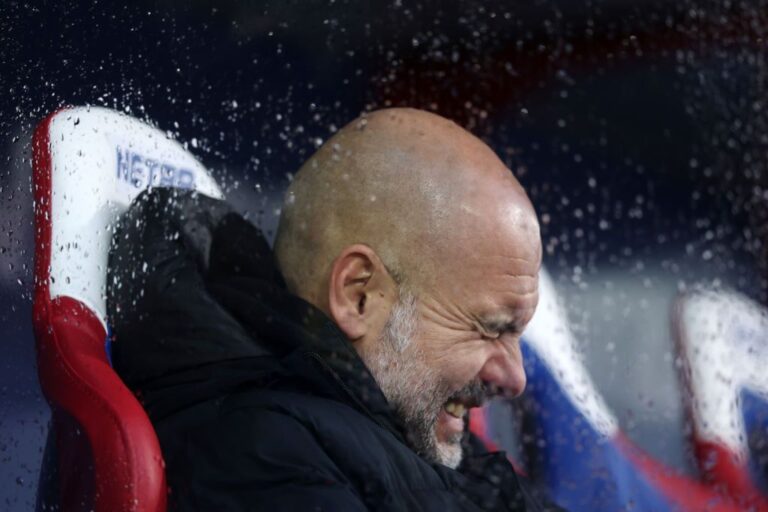
Is Pep Guardiola’s Time at Manchester City Coming to an End, or Can He Turn Things Around?
A lackluster Manchester City seemed poised for a win in the Manchester derby on Sunday afternoon, but they ultimately succumbed to a 2-1 defeat in the closing minutes. This marks City's eighth loss in their last 11 matches across all competitions.
Guardiola made it clear who he held responsible following the match, stating to BBC Sport: “I am not good enough. I am the boss. I am the manager. I have to find solutions and so far I haven't. That's the reality.”
For the first time, doubts are being raised about Guardiola’s future, and not for good reasons. How justified are these concerns – and can he resolve City's challenges if he chooses to remain?
Could Pep Guardiola leave Manchester City?
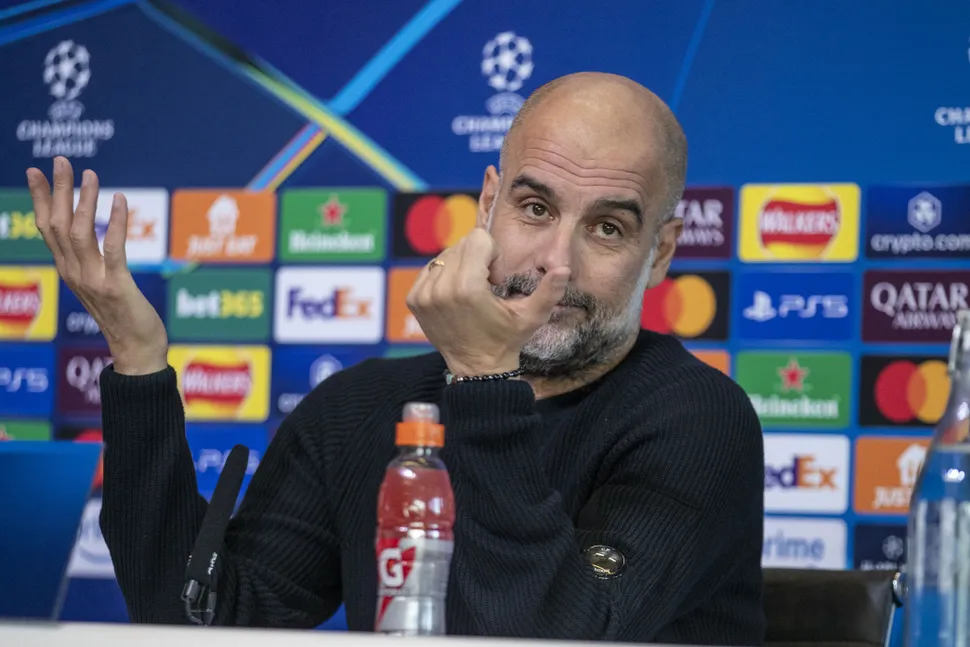
Guardiola firmly stated that he has no intention of resigning prior to City's defeat against Manchester United.
When asked during his pre-match press conference about any regrets regarding his contract extension until 2027, Guardiola affirmed: “Absolutely not.”
“I would not be able to sleep – even worse than now – if I thought I was leaving when the club is in this situation. Impossible. They might sack me, that could happen. But leaving now, in this position? No chance.”
If he feels this way now, it seems unlikely that a further decline would lead to a change of heart – and if things improve, he would likely want to be the one spearheading that resurgence.
Could Manchester City terminate Pep Guardiola's contract?
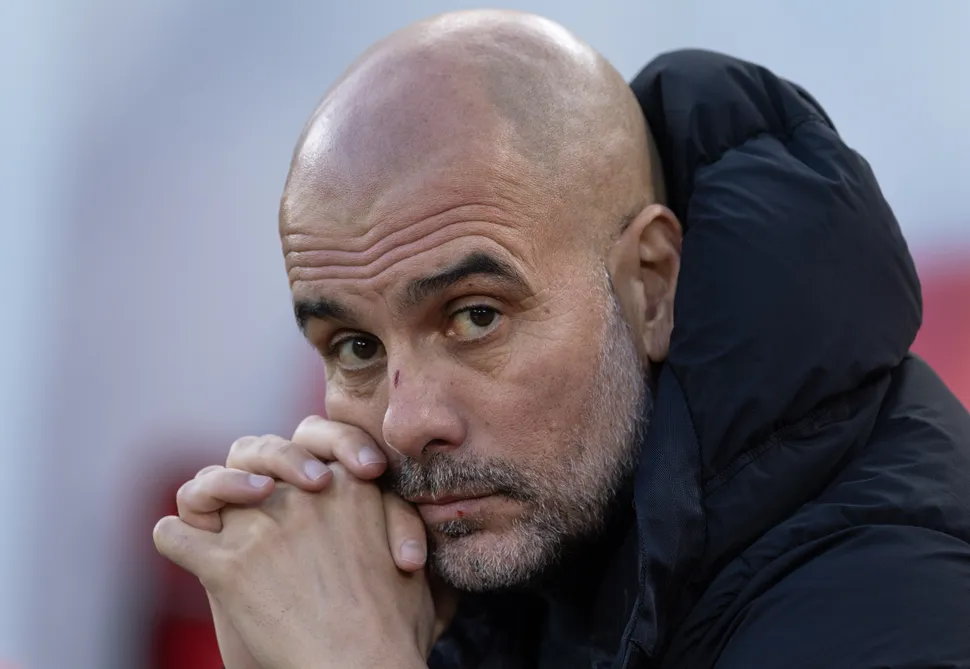
While Guardiola's job appears secure for now, what about the board at Manchester City? How long can they rely on his past successes, and when might doubts arise regarding his ability to turn things around?
Currently, it seems absurd to consider dismissing one of the greatest managers in history, but the question lingers: how long would they tolerate this poor run before contemplating a change?
The answer is uncertain since Guardiola has never faced such challenges before. This marks the worst stretch of his managerial career, significantly worse than anything experienced at Barcelona, Bayern Munich, or during his previous eight years at City.
There is a reason Guardiola is ranked no.5 in eScored's list of the greatest managers ever.
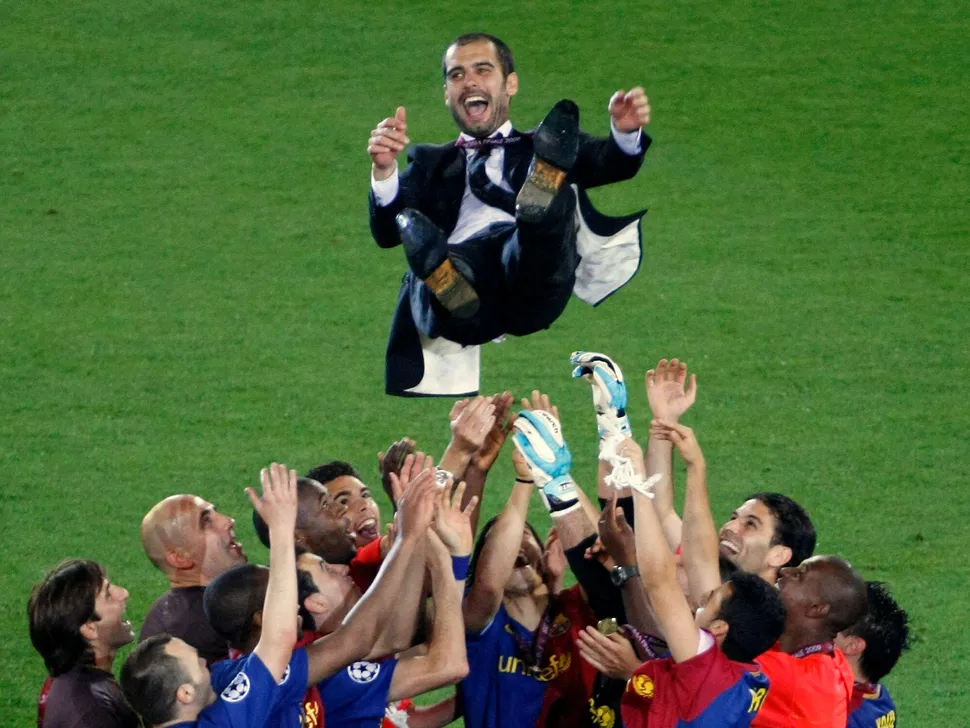
During Guardiola's tenure, City has only failed to capture the title twice: once in his inaugural season, when expectations were not yet set, and then again in 2019/20, when Liverpool dominated the competition.
That season, City faced a higher than usual number of losses in the league – nine times – but they rebounded each time they dropped points; it characterized bad days rather than a sustained downturn. They are already approaching that tally with over half of the season remaining.
The recent contract extension complicates matters further, increasing the financial implications of letting Guardiola go compared to what it would have cost previously.
Additionally, it's worth noting that City's current leadership has only sacked a manager mid-season once, which was when they replaced the manager they inherited in September 2008. Even then, they allowed Mark Hughes more than a year before appointing Roberto Mancini in December 2009.
This history suggests that, even in a negative scenario, it’s likely City would wait until the end of the season before reaching a decision. At that point, they must acknowledge that the issues at hand are not solely due to Guardiola's management.
If Pep Guardiola isn’t the issue at Manchester City, what is?
The absence of Ballon d'Or winner Rodri has been significant, rendering City more vulnerable to counter-attacks and robbing them of their trademark composure. Losing a player ranked no.1 in eScored's list of the best players in the world right now has undoubtedly been a major setback.
However, it has become shockingly clear in recent weeks that the issues extend well beyond just one missing player. Observing City struggle through the Manchester derby while seemingly aiming to maintain a 1-0 lead – in a match where Manchester United wasn't exactly firing on all cylinders – was perplexing.
As the United match demonstrated, one of the chief problems is that City is depending heavily on players who appear to be past their prime.
Kyle Walker's decline has been evident since last season and throughout the Euros, and he has continued that inconsistent form into the new season. City once took significant risks because they could depend on Walker's ability to recover, but he has increasingly found himself out of position and lacking the explosive pace that was a hallmark of his career.
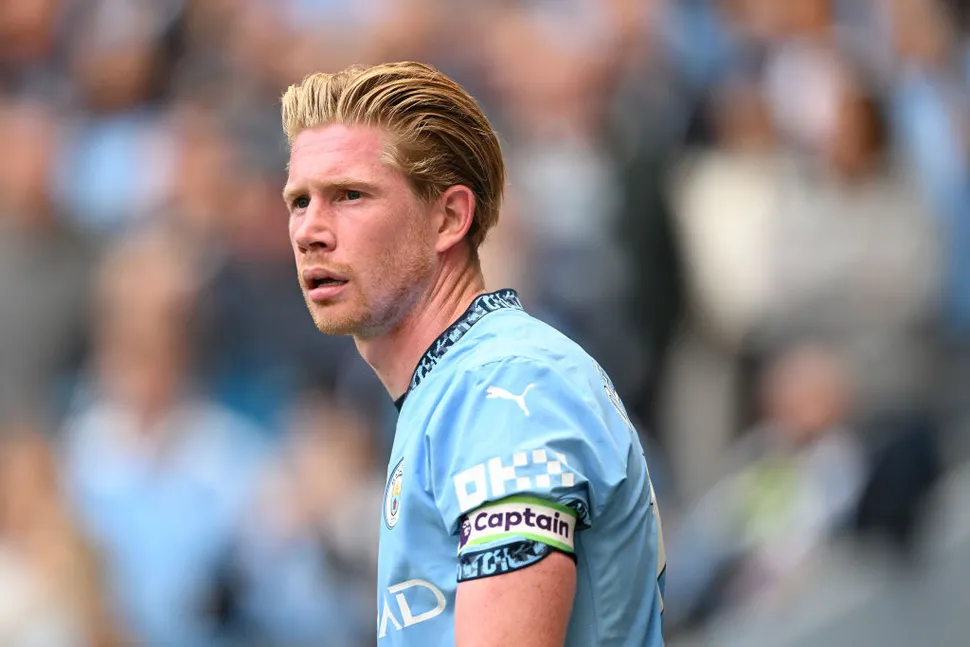
Kevin De Bruyne was only a minor contributor until late last season, having missed the first half due to injury, but he has looked far from his best this season. His crosses into the box against United were ineffectual, with the only significant chance created thanks to a fortuitous deflection.
Ilkay Gundogan's return from Barcelona was welcomed in the summer, yet it raised questions about bringing back a 34-year-old midfielder whom they previously allowed to leave…and Barcelona was willing to let go as well. Since returning, he has struggled to keep up with the pace of the game.
City have also found it difficult to replicate their usual wing play productivity: Their most effective winger, Bernardo Silva, has managed one goal along with four assists in 21 appearances across the Premier League and Champions League this season.
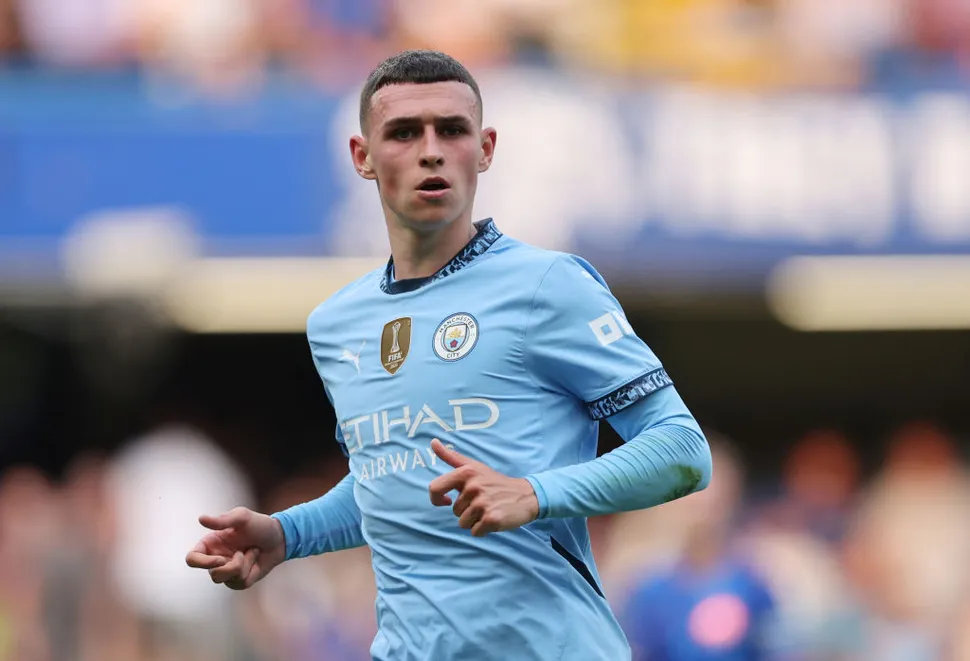
Jeremy Doku has failed to consistently impress, Jack Grealish is still struggling to fit into the system, and while Savinho shows potential, he is clearly not ready for the top level just yet.
Other squad members, particularly Phil Foden, appear exhausted, having barely missed a moment of play last season and having participated in demanding campaigns during the Euros or Copa America over the summer.
Couple this with Ederson's dip in form, various injuries, a perceived loss of the hunger that characterized their previous successes, and a number of youngsters lacking first-team experience, and it's evident that City has allowed a multitude of minor issues to accumulate simultaneously.
Can Pep Guardiola reverse the trend at Manchester City?


Presently, it feels more akin to the conclusion of an era for this specific squad rather than the end of Manchester City as a whole.
Such challenges are not uncommon. Sir Alex Ferguson was renowned for his ability to continuously build up multiple generations of title-winning teams at Manchester United, but while he faced his share of transitions, he never experienced a downturn as severe after his initial years at the club. Even he needed a couple of transitional years from time to time.
Manchester United endured a three-season championship drought during the mid-2000s as they navigated the decline and eventual departure of many players from the iconic 1999 treble-winning squad, yet in that timeframe, they brought in talents like Wayne Rooney, Cristiano Ronaldo, Nemanja Vidic, Patrice Evra, and Edwin van der Sar, who grew to become the backbone of perhaps Ferguson’s most formidable Manchester United side ever.
City appears to be in a similar situation now – particularly with a manager regarded as the best globally. The pivotal question is whether City or Guardiola possess the patience required to undertake such a rebuilding endeavor together.




